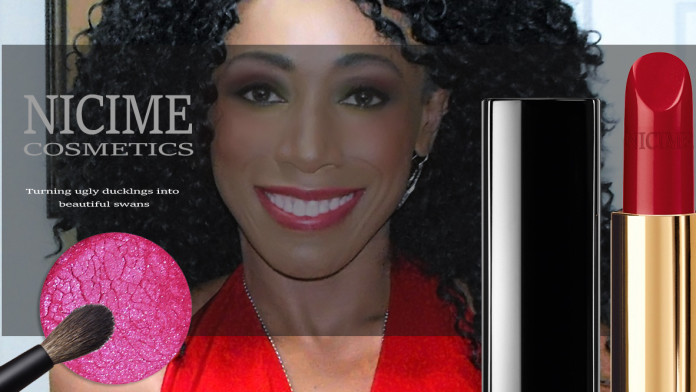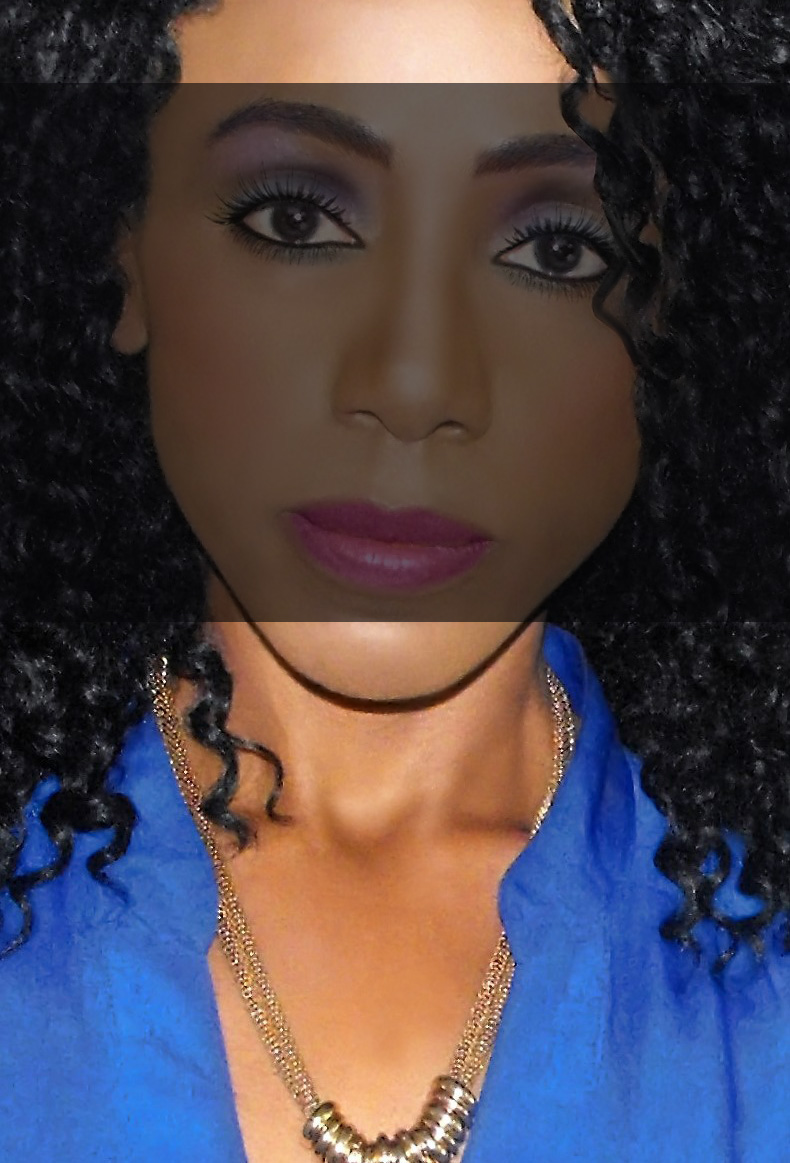Would you take a cosmetics company seriously if they were using ‘ugly girls’ to be their brand ambassadors?
(We’re putting ‘ugly girls’ in quotes because, just like beauty, so-called ugliness is subjective. Not everyone will agree that someone is ‘beautiful’ and not everyone will agree that someone is ‘ugly’.)
But let’s assume, for the sake of discussion, that what’s ugly and what’s beautiful is not a matter of opinion. And let’s go with what we know people in society consider beautiful and what they consider ugly.
Based on what people in society generally consider ugly, if a cosmetics company was using ‘ugly girls’ as brand ambassadors, would you buy makeup from that company?
A couple of times this year we had the interesting experience of being reminded that we’re not market friendly girls.
2 companies (we won’t name them) contacted us wanting to send us beauty products to try for the purpose of reviewing.
Needless to say we were thrilled. The companies were offering us free product (eyeshadow, blush — that sort of thing) to try out and write our honest review. And even though they weren’t major brands, we were tickled to have been contacted because it made us feel like we must be doing something right after all.
So we accepted the offers without hesitation.
We exchanged emails with the reps for the companies, answering their questions, providing information on our stats etc. In both cases everything was a go. All the email exchanges were yes, yes, yes. Everything was good. They were ready to send the products.
Then we received another email asking which blogger on the site would be doing the product trial/review.
Fully aware of the implications, we responded to the emails informing them that the review would be done by our editor in chief and pointing them to the “Monica’s Closet” pages where she does her personal blogging. We’re realists so we kind of figured there was a reason it mattered which blogger would be doing the trial/review. We know some of us are not “market friendly”. Our editor in chief is not in the 18 – 34 demographic. And, although we don’t want to “go there”; we also know that for some companies, she doesn’t have the right color skin. So you have those two things that aren’t in her favor as far as being considered a suitable brand ambassador for certain companies. But the main reason we think those two companies were suddenly no longer interested in sending their product after they learned that our editor-in-chief would be doing the trial/review was because they thought she wasn’t beautiful and they didn’t want someone who isn’t beautiful, or at the very least “interesting looking” representing their product.
So we wanted to start a conversation about ‘ugly girls’ repping beauty products.
We think a case can be made that beauty products can be effectively sold with so-called “ugly girls” repping the brands. At the end of the day, what people want to know is if a product can actually help them improve their looks. It seems to us that the best way to show that a cosmetic product can transform an ugly duckling into a swan is to use an actual ugly duckling to illustrate the product’s amazing ability. When you use a girl who looks beautiful without makeup, you’re not really effectively demonstrating your product’s abilities. Because your product isn’t really helping to make this girl beautiful. She’s already beautiful.
But the way things work, we as consumers are more interested in wanting to look like the beautiful people. So when the advertisers of beauty products want us to buy something, they get a beautiful girl to pose with the product. We look at her and wish we could be as beautiful. We pacify ourselves with the thought that maybe it’s the product she’s advertising that’s responsible for how beautiful she is. So we buy it. Because we want to look like her. But we’re never going to look like her in a million years.
On the other hand, if we could see someone who looks more like we do get transformed into a beauty before our eyes then we can see what a product can really do for us. But for some reason, the average female consumer doesn’t think someone who looks like her should be the face of a beauty brand. Women will be the first to ask why is such an ugly girl the face of a beauty brand. We’ll be like, “if she can be a beauty model then so can I”. But we won’t be saying it as motivation to ourselves to pursue that goal. We’ll be saying it to suggest that she’s not beautiful enough to deserve to be the face of a beauty brand. We’ll be saying it because we think only media certified beautiful women should rep beauty brands. And we won’t purchase the brands that are repped by women we consider ugly.
Lets say, for example, a company sends a dark spot corrector product to a blogger who has no dark spots just because she’s beautiful and popular. She favorably reviews the product because she got paid $2000 to tell you that it’s what she uses to keep her skin flawless. But she doesn’t actually use the product. On the other hand, a ‘not beautiful’ girl raves about a dark spot corrector she personally purchased that helped her significantly reduce her dark spots. Which product are you going to want to try?
Unfortunately, most of you would probably buy the product that the beautiful girl claims helped her achieve her flawless complexion. And that’s why companies hire the beautiful girls and pay them the big money to lie to you. Because they know that you’ll wish so much you could look like her, you’ll buy whatever she claims to use.
But it’s arguable that ‘not beautiful’ girls are the ones with the most valuable beauty secrets
Because they are the ones who have to dig the deepest down into the dirt looking for that miracle seed that’s going to help them look a little bit more attractive. They try the hardest at beauty because they have to. They try out the most products because they have the most flaws and they’re the most desperate to repair their flaws. But we don’t think these women have anything to contribute to the whole beauty discussion. We’re not turning to them for beauty secrets. We’re turning to women who are beautiful because they were born that way. And we’re buying whatever they’re selling even though what they use to maintain their natural beauty will not help us in our quest to transform ourselves from ugly ducklings to beautiful swans.
If you want to know what works to transform an ugly duckling into a beautiful swan how are you going to go ask a swan who was never an ugly duckling? You have to ask the ugly duckling who is passing for a beautiful swan. And for this reason we think brands shouldn’t run from the idea of using ‘not beautiful’ women as brand ambassadors. We think if a brand has a product that really does work, using real women who have successfully used the product could conceivably be more effective than using a beautiful model who has never used the product and has never had whatever flaw the product claims to fix.


